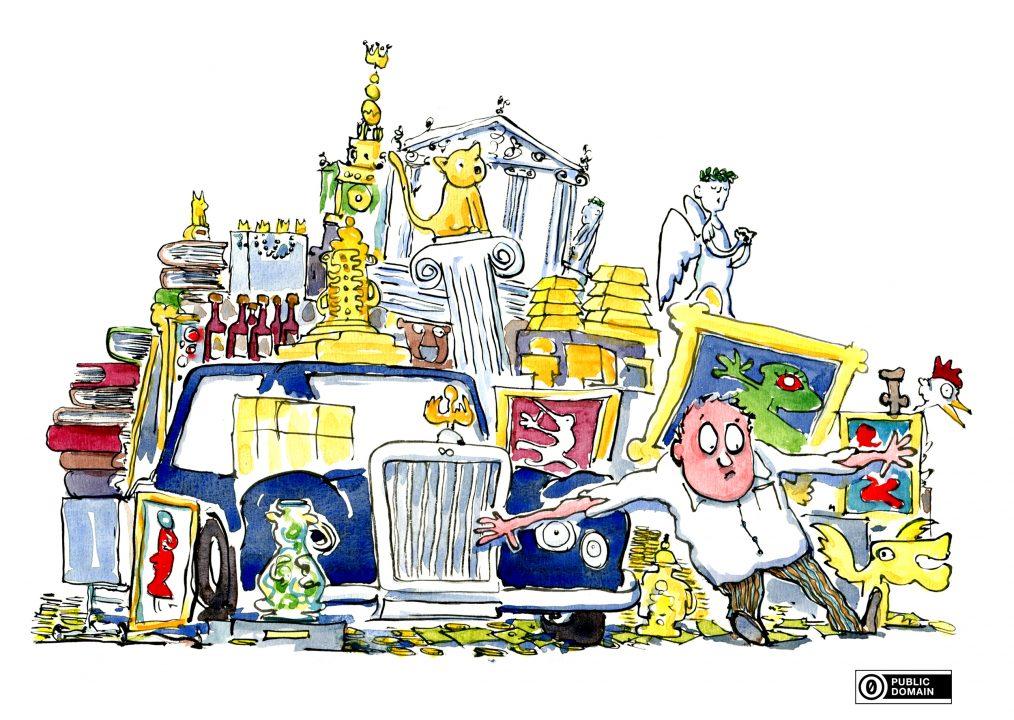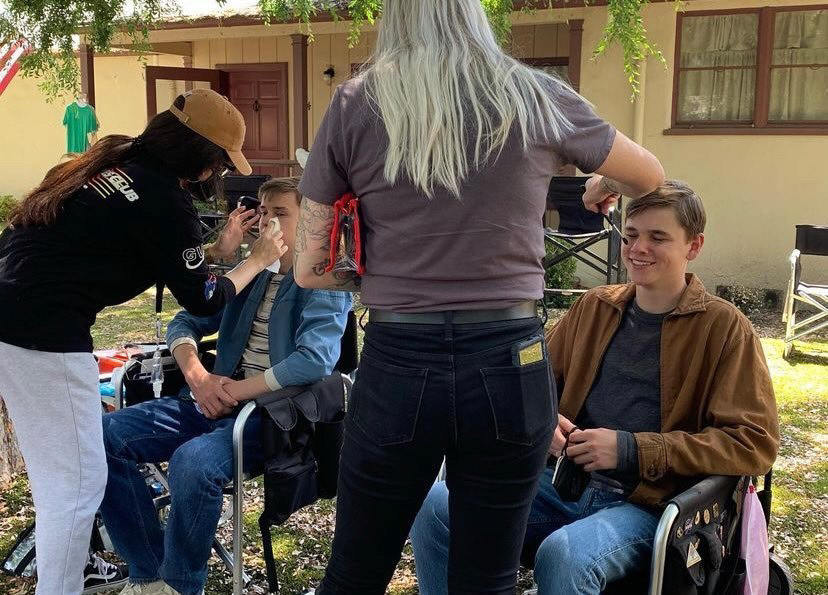Release Date: April 20, 2018
Genre: Hip-Hop/Rap
Length: 42 minutes
//BRENDAN O’KEEFFE//
KOD is J Cole’s fifth studio album and while it may not be his best to date, it sure comes close. Upon the release of J. Cole’s prior album, 4 Your Eyes Only, many fans felt disappointed in the direction he was pursuing as a composer. It’s failure to cement itself as an admirable and complete album led to several people to lower their expectations for KOD. Luckily, Cole’s latest effort has exceeded initial expectations, and brought back the sense of hype that once surrounded the release of a J. Cole album. Content-wise, KOD prioritizes it’s lyrics over instrumentals. All twelve of its tracks are complemented by sentimental rhymes, a product of what one could imagine were several months of drafting and tweaking lines and ad-libs. The content of the lyrics remain consistent in their themes, each and every song feels like it is working with its preceding and successive track to make KOD a complete and thorough piece.
The name KOD is an acronym for three terms, all of which are present on the cover art. Kidz On Drugz: a handful of young children are seen taking part in drug use. King overdose: Cole is depicted sporting a crown with his pupils completely white in color. Kill our demonz: the faces partially concealed in Cole’s robe are demons that were once children like those in the foreground. The dominant motif at play for the entire duration of the record is the danger of recreational drug use. From track one’s “Intro (KOD)” to track twelve’s “1985 (Intro To The Fall Off)”, J. Cole consistently rejects the drug culture that has emerged in contemporary rap music, with persuasive lines including “I hear your music and I know that rap’s changed / A bunch of folks would say that that’s a bad thing” and “you havin’ fun and I respect that / But have you ever thought about your impact?”
The problem with J. Cole as a lyricist however, is that his messages can often fall flat, blurring the line between sentimental pathos and simply laughable lines. Based off of the emphasis placed on addiction, the listener can easily infer what themes the record has in store for them. In the aftermath of 4 Your Eyez Only’s release, J. Cole has been labeled as a boring and predictable artist whose stripped-down instrumentals and attempts at sentimental thought have been ill received by the listening public at large. While KOD’s instrumentals have remained similar in nature to its predecessor, Cole has managed to do a better job of asserting himself and his central points. His efforts to appeal to the listener have seen limited success however, as J. Cole’s inability to explore the opposing side of his argument hurts the otherwise well-thought out nature of his album.
While KOD misses some opportunities to embrace itself as a serious and awareness raising album, it is still worth the initial and successive listenings with a couple diamonds in the rough type tracks in its possession.
Best Track: ATM
Worst Track: Brackets















